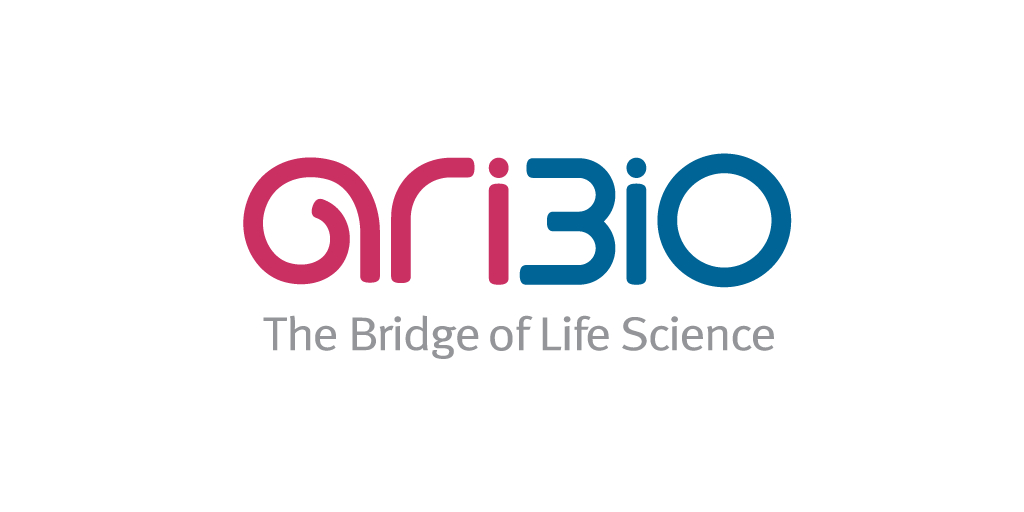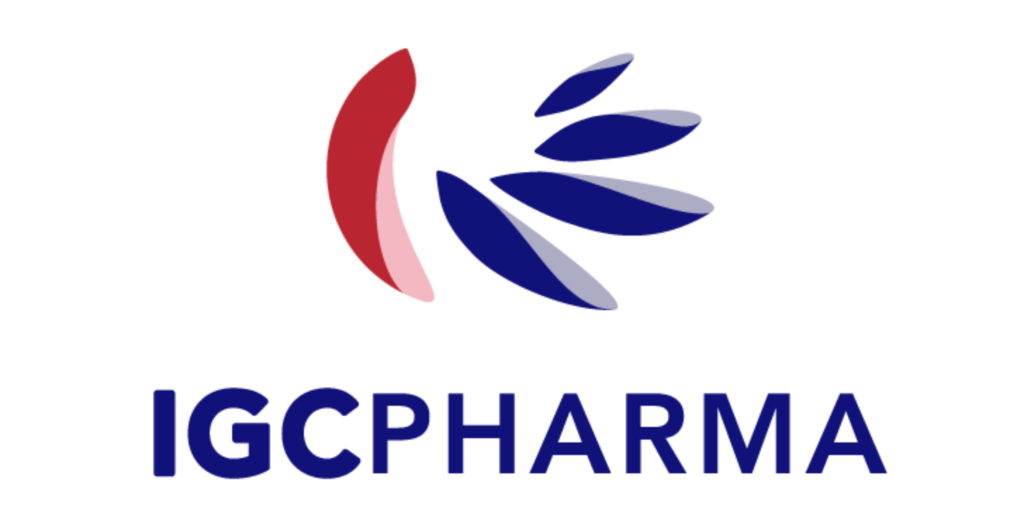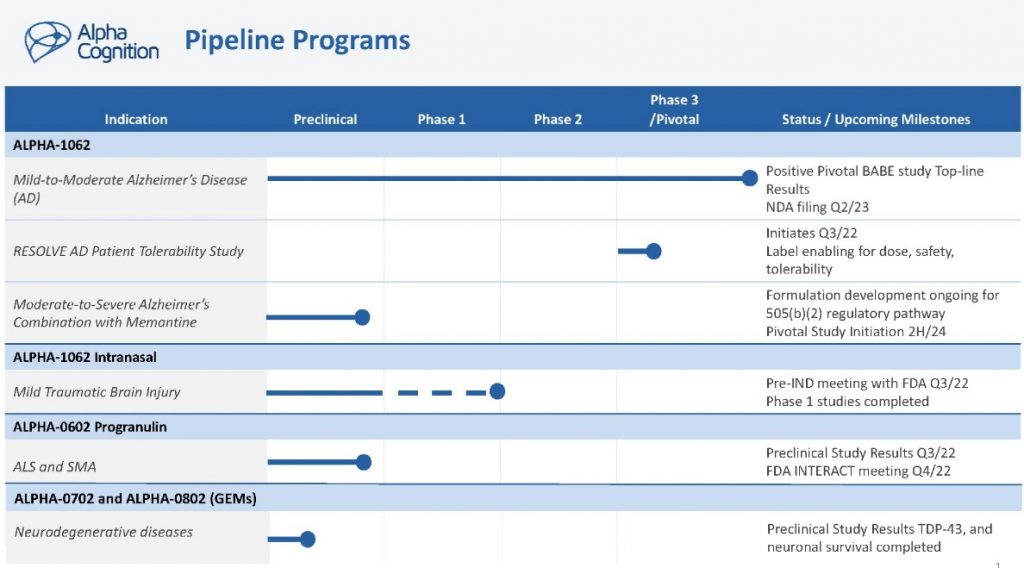SEONGNAM-SI, South Korea–(BUSINESS WIRE)–AriBio Co., Ltd. (AriBio), announces signing of exclusive marketing rights for AR1001, an investigational drug for early Alzheimer’s disease, in China for up to $770 million USD.
The term consists of a non-refundable upfront payment of 120 billion KRW (approximately 90 million USD), with the total deal summing up to 5.59 billion RMB (approximately 770 million USD) inclusive of milestone payments with additional royalties. The upfront payment will be paid starting from mid-2024.
In response to the increasing Alzheimer’s disease population in China, prominent pharmaceutical companies have sought to develop safe and effective oral treatments for Alzheimer’s disease. To date, AriBio has partnered for exclusive marketing rights in South Korea with Samjin Pharmaceutical for 100 billion KRW. And now, the partnership has expanded to China, cumulating to 1.12 trillion KRW (approximately 840 million USD). Considering the market competition for Alzheimer’s drugs in China and the sales strategy, the licensee requested not to be disclosed until an agreed upon time.
The global Phase 3 clinical trial for AR1001 in early Alzheimer’s disease patients (Polaris-AD) is on-going in the United States, United Kingdom, and South Korea. Furthermore, the clinical trial is awaiting regulatory approval in China and the European Union. This study will be conducted across 180 global sites. The first patient enrollment began in the United States in December 2022, and the rest of the regions are actively enrolling.
Matthew (Jai Jun) Choung, CEO and Chairman of AriBio, stated, “This deal demonstrates our unwavering commitment to developing meaningful treatments for Alzheimer’s disease, and our partners will help position AR1001 for success in the major Asian territories. We are building momentum in our AR1001 program, as we continue to discuss with other potential partners in Asian countries, the Middle East, South America, as well as Europe and the United States.”
About AR1001
AR1001 is a PDE5 inhibitor being developed as an investigational oral agent for the treatment of Alzheimer’s disease. Pre-clinical studies have confirmed neuroprotective effects of AR1001 via inhibiting neuron apoptosis and restoring synaptic plasticity. AR1001 has also demonstrated robust reduction of hyperphosphorylated tau proteins in pre-clinical models as well as in a Phase 2 trial.
About AR1001-ADP3-US01
AR1001-ADP3-US01 (NCT05531526) is a Phase 3 double-blind, randomized, placebo-controlled, multi-center trial to evaluate the efficacy and safety of AR1001 over 52 weeks in participants with early Alzheimer’s disease. The study aims to assess the efficacy and safety of AR1001 in slowing the progression of Alzheimer’s disease through various cognitive and functional assessments. The details of the clinical trial are available at ClinicalTrials.gov.
About AriBio
AriBio Co., Ltd. is a biopharmaceutical company based in South Korea with offices in both South Korea and the United States. The company focuses on the development of novel therapies for neurodegenerative diseases. The company continues to expand its partnerships to accelerate the development of meaningful treatment options for neurodegenerative diseases.
Contacts
Fred Kim
fredkim@aribiousa.com



